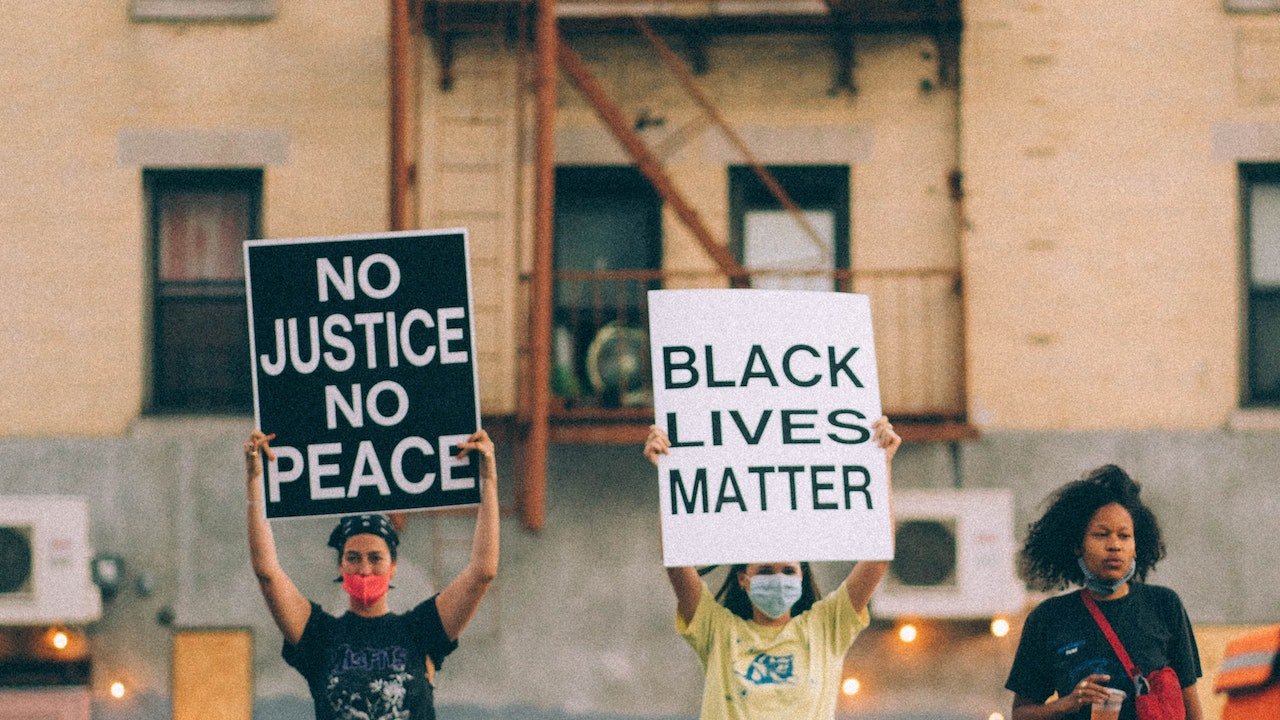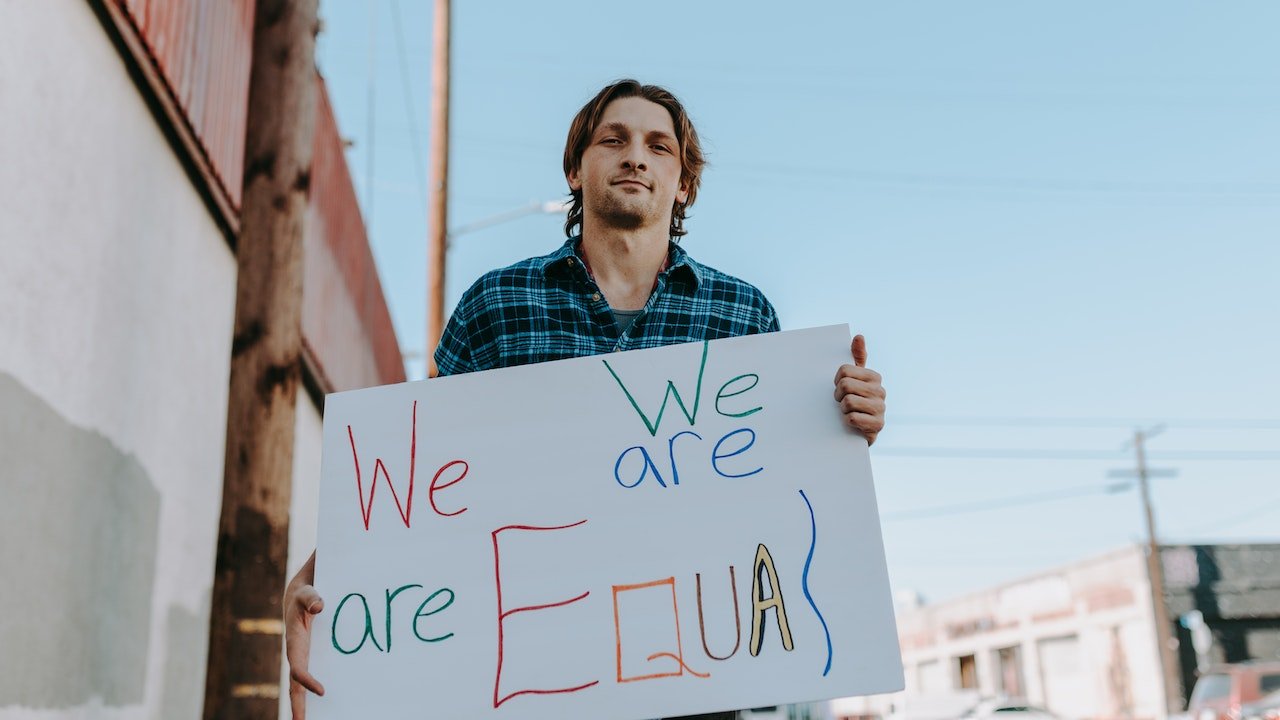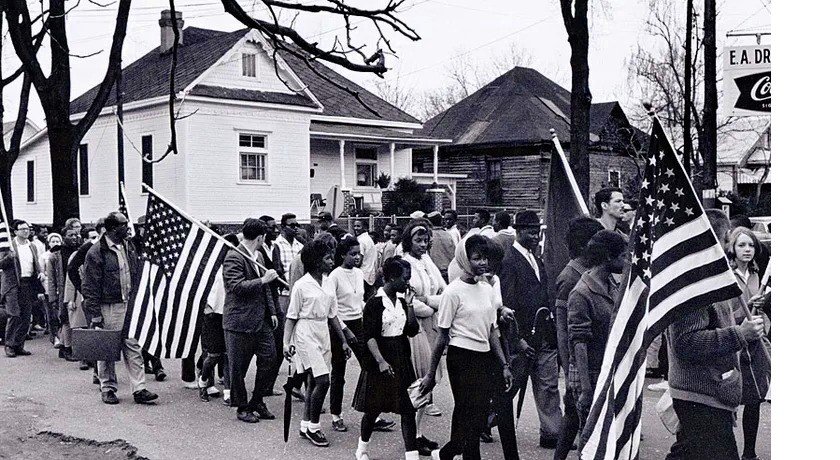The Significance of Civil Rights Laws for Women’s Rights 2023


The Evolution of Women’s Civil Rights Laws Throughout History
Civil rights legislation for women has come a long way, with many notable challenges and victories along the way. Women have experienced systemic discrimination and rights restrictions throughout history. To overcome these obstacles and bring about legal changes, however, the feminist movement and the fight for gender equality have been crucial.
Significant Developments in Women’s Rights Law
The Struggle for Suffrage
The suffrage campaign, which started in the early 20th century, was a turning point for women’s rights. The 1920 ratification of the 19th Amendment to the US Constitution, which gave women the right to vote, was a significant step towards achieving gender equality.
The 1964 Civil Rights Act
The Civil Rights Act of 1964 forbade gender-based discrimination in addition to racial discrimination. The groundwork for subsequent laws addressing gender discrimination was laid by this important piece of legislation.
Chapter IX
Title IX, which was passed in 1972, forbids sexism in educational institutions that receive government funds. It has been essential in advancing gender parity in education and opening doors for female athletes and academics.
The 1978 Pregnancy Discrimination Act
Pregnant workers were no longer subject to employment discrimination, and they now enjoy the same rights and protections as other workers.
VAWA, or the Violence Against Women Act
Initiated in 1994, VAWA sought to combat sexual assault, stalking, and domestic abuse. It improved victims’ legal rights and provided funding for support and preventative programs.
Read More: How to Protecting Civil Rights in the Workplace 2023
Civil Rights Laws’ Effect on Women’s Empowerment
Through the elimination of discriminatory practices and the provision of legal redress for victims of gender-based discrimination, civil rights laws have significantly impacted the empowerment of women. These laws have given women new avenues to fight for equality and pursue it in a variety of spheres of life.
Civil rights laws have aided in the abolition of sexual harassment, gender-based hiring bias, and other forms of workplace discrimination. Women now have legal options to address these problems and demand justice for rights violations.
Promotion of Gender Equality: Obstacles and Development
Women’s rights have clearly increased thanks to civil rights laws, yet obstacles and inequalities still exist. Women’s progression in areas like political representation, job advancement, and fair pay are all hampered by gender-based discrimination and prejudices.
Addressing these enduring disparities is essential, as is building on legislative advancements. The fight against gender prejudices, the advancement of inclusive workplaces, and the creation of extensive support networks for female victims of discrimination all require ongoing efforts.
The Fight for Inclusive Rights and Intersectionality
Intersectionality acknowledges that people encounter numerous forms of discrimination based on their identities, including race, gender, and socioeconomic class. Women from marginalized communities frequently experience exacerbated disadvantages and particular difficulties.
Adopting an intersectional strategy that takes into account the needs and experiences of all women is crucial for ensuring the effectiveness of civil rights laws for women. The specific obstacles that women of color, LGBTQ+ women, women with disabilities, and other intersectional identities confront must be addressed in order to achieve this.
Civil Rights Laws’ Impact on Social Change
Civil rights laws have changed not just the legal system but also the attitudes and norms of society. They have fought against deeply rooted biases and prejudices, promoting an inclusive and equal society. Civil rights laws have paved the way for larger social change and advancement by building frameworks that safeguard women’s rights.
Civil Rights Laws’ Importance for Women’s Rights
Civil rights laws have been crucial in upholding and defending women’s rights, guaranteeing their equality and opportunities in a variety of spheres of life. These laws have made a substantial contribution to the elimination of discriminatory practices, the shattering of gender stereotypes, and the advancement of women’s empowerment.
Getting Rid of Discrimination Based on Gender
The legal framework that civil rights legislation gives to combat gender-based discrimination is one of their major contributions to women’s rights. These laws forbid sex-based discrimination and offer women channels to pursue justice when their rights are violated. They have fostered a culture that honors women’s contributions and acknowledges their innate worth, making the world a safer place for women.
Read More: Civil Rights Laws and Voting Rights: Protecting Democracy 2023
Conclusion
Women’s rights and gender equality have advanced thanks in large part to civil rights laws. They have offered a legislative framework for combating discrimination, advancing women’s rights, and promoting societal advancement. However, the fight for full gender equality continues, and it is critical to stay diligent in tackling the ongoing difficulties that women continue to confront in a variety of aspects of life.
Civil rights legislation has been essential in promoting gender equality and women’s rights. They have established a legal framework to combat discrimination, defend women’s rights, and advance female emancipation. The road to full equality for women is still long, and it will take teamwork to overcome the remaining obstacles and make sure that civil rights legislation continues to develop and accommodate the shifting requirements of women in society.
FAQs
What effect have civil rights laws had on women’s ability to access education?
By outlawing sexism and guaranteeing equal opportunities for women, civil rights laws like Title IX have contributed significantly to the advancement of gender equity in education.
What types of employment discrimination are covered under civil rights laws?
Civil rights laws address workplace discrimination, including sexual harassment, gender-based pay discrepancies, and hiring biases.
How have civil rights laws helped women become more powerful in politics?
By dismantling obstacles to women’s political participation and advancing their representation in positions of power, civil rights laws have shaped a more inclusive political environment.
Are women from marginalized communities included in civil rights laws?
In order to ensure that civil rights laws take into account the unique difficulties encountered by women from marginalized areas, an intersectional approach is being used.
What role do civil rights laws play outside of the confines of the law?
By fostering inclusive norms and ideals, civil rights laws have influenced cultural attitudes, confronted prejudices, and prepared the ground for larger social transformation.











